Anne Lamott's Bird by Bird
Chapters 18 & 19
Some advice is timeless, some is not. In this episode, we evaluate writing techniques from Anne Lamott’s book Bird by Bird and see if they still have value in our current Information Age.
Specifically, Lamott writes about capturing one’s thoughts on index cards, and how to use a telephone to get information and also, to get a larger sense of people’s views. Although we now use our phones for much more, there’s still some nuggets of inspiration in these chapters of the book.
Want to hear more of our exercise workshop? We post the bonus podcast, SnarkNotes, and detailed write up of the exercises on our Words to Write by Patreon account.
The Writing Exercise
Keep a Note Card and Pen in your pocket for a week. Jot down ideas as you have them, which you will use later in your writing.
Part III: Help Along the Way
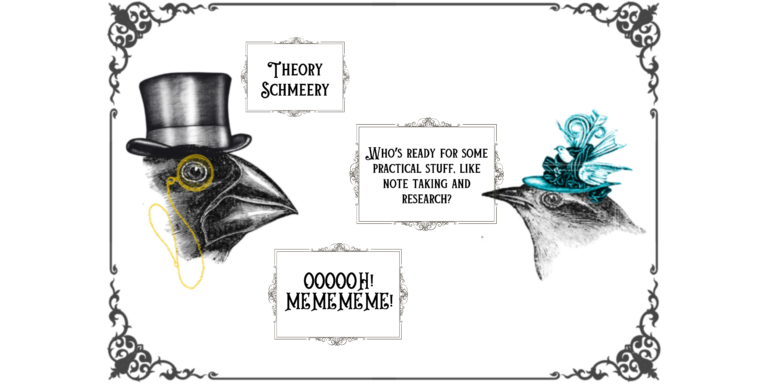
Back to the 1990's!
Alright then, but keep in mind that Lamott’s advice here is (mostly) particularly helpful if you have access to a time machine. Just so happens your Words to Write by co-hosts are old. So strap yourself in and play your Tom Petty Road Trip mix because we’re going to 1994, BABY!
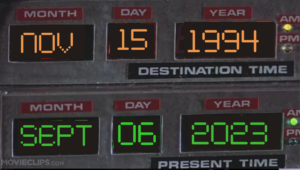
Index Cards (Notetaking for the Texting Impaired)
Ah, the 90’s are a fun time: full of coffee shops where people chat face to face, readers turn pages of books made of paper, and writers write down notes on small, rectangular pre-cut pieces of paper called “Note Cards.” (pronounced ˈnoʊt ˌkɑːrdz or nowt kaardz) for you Millennials and Gen z peeps out there.

In this chapter, Lamott utilizes these little slips of paper to keep track of ideas wherever she goes. Folded lengthwise with a pen, she slipped them in her back pocket when she went with her on dog walks and movies and anywhere she found herself.
"Pammy Demi Moore"
Lamott says she jots down a phrase to trigger a memory, such as her note “Pammy Demi Moore,” in reference to one sad, yet beautiful scene with a friend who was dying of cancer.
Lamott’s not wrong…

Prosperity
No idea is too small nor too big for the note card. Added bonus: when she dies, her son will find them and what a weird ride that will be. So take notes, not just to staple to manuscripts (Renee really liked that idea), but to leave a mess behind for your children to clean up or keep.
You can hear Kim on our bonus episode and Renee at the end of this week’s episode to tackle note-taking via note card (spoiler: Renee cheated and texted her notes to herself).
Calling Around
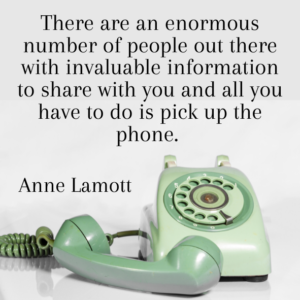
So we’re not going to be carrying calculators around in our pockets, are we, Mr. Pre-iPhone High School Algebra Teacher Circa 2000?! Shows what you know!
Now that we’ve parked the Dolorean in 1994, the teacher does have a point. That mini computer you insisted on bringing might as well be a delicate hockey puck…until it runs out of juice. It might last long enough to cheat on your algebra test for the afternoon, but where we’re going, we do need smart phones. The 90’s totally had phones–actual phones tethered to the wall which we used to talk to each other. If you were fancy, you could wander the house with a “wireless” phone. If you were one of the cool kids, you had a pager. But we’re neither fancy nor cool.
Google Schmoogle
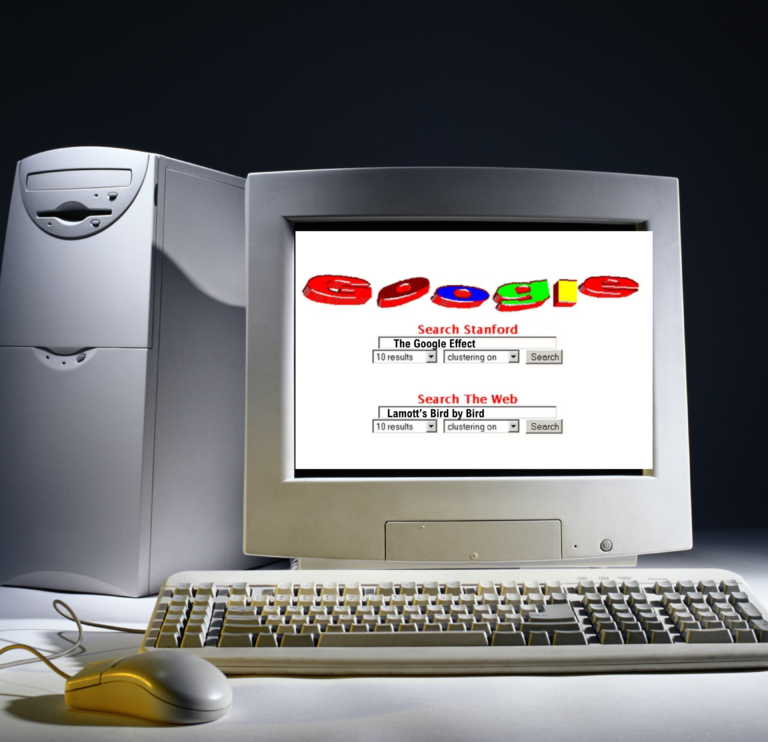
Also, one more teeny tiny detail about 1994: there’s no Google. Don’t Panic! If you want to know random facts like what the “metal thingy” on the champaign bottle is called, we read Lamott’s chapter, “Calling Around” and we’re prepared for such time travel contingencies. We could go to this thing called the library. Or, she says we can call up a winery on one of those boxy metal pay phones over there. (Don’t worry, germs weren’t invented yet either).
It's not about the "wire thingy"
Lamott’s advice makes sense. If you want to know something for your novel, look it up. Better yet, call around. It’s not really about knowing the answer; it’s the people you meet and the conversations you have–the life experience–of discovering said factoid. According to science, Google has messed up our cognitive abilities. We forget what we read once we turn off the phone, much like going through a digital doorway (what was I looking for again???). In this way the pre-smart phone era may have tied our technological hands but the cognitive work and side quests it took to get from point question A to point answer B gave us superior attention spans, cognitive processing, self control, and memories compared to our future smart phone dependent selves.
Oh but what about the funny cat videos, you say…progress indeed… This is the problem with having a computer in our pockets 24/7 with more processing power than the moon shuttle from 1969. Google short cuts our cognitive processes; as a result, you’re short cutting social and mental exercise when you use to look up any fact your heart desires whenever your heart desires it.
Ok, ok what about Andy Weir?
Yes, of course, we’ve made lots of progress–even for the novel writing process–in the last thirty years since Lamott published her book. Andy Weir, the author of The Martian and Project Hail Mary, is the gold standard for studying craft through the power of social networking on the internet. He utilizes social connections made possible through a newsletter and a website, which he utilizes to share his stories with readers and receive feedback. His novels often investigate the ‘what if’ aspect of the science in science fiction and he uses the power of collaboration to make mostly plausible, realistic, fast paced page turning novels. So, yes, with great power comes great responsibility. The phone is still mostly a distraction but Andy Weir has three published novels and a movie adaption to his name.

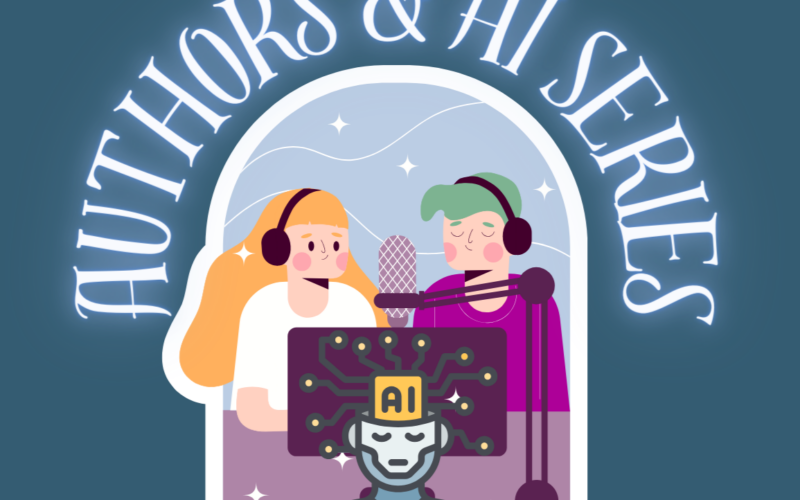
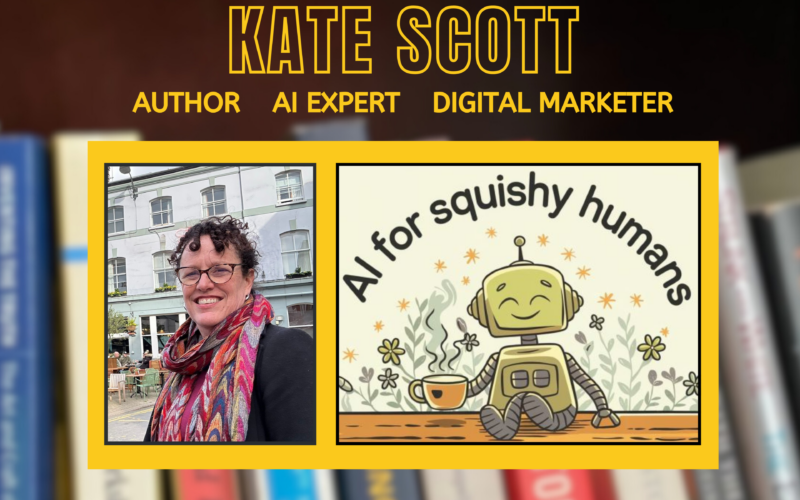

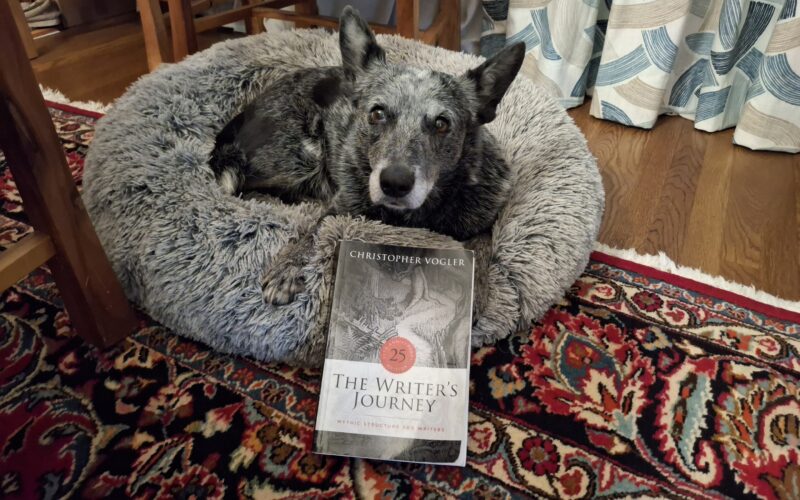
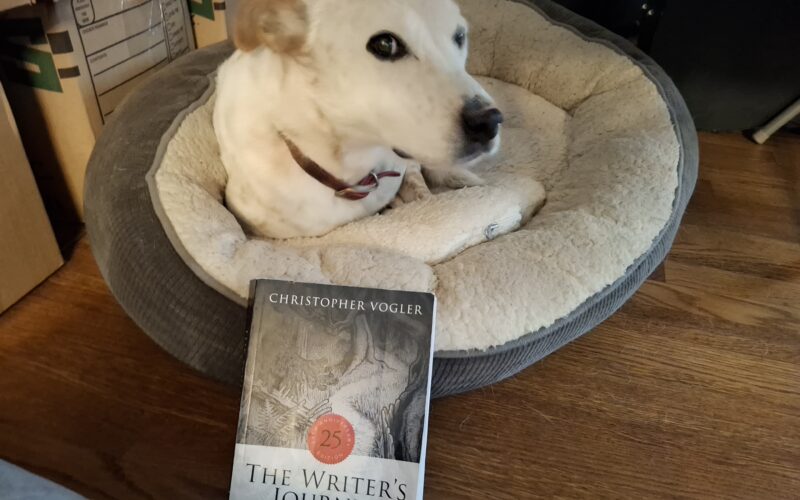
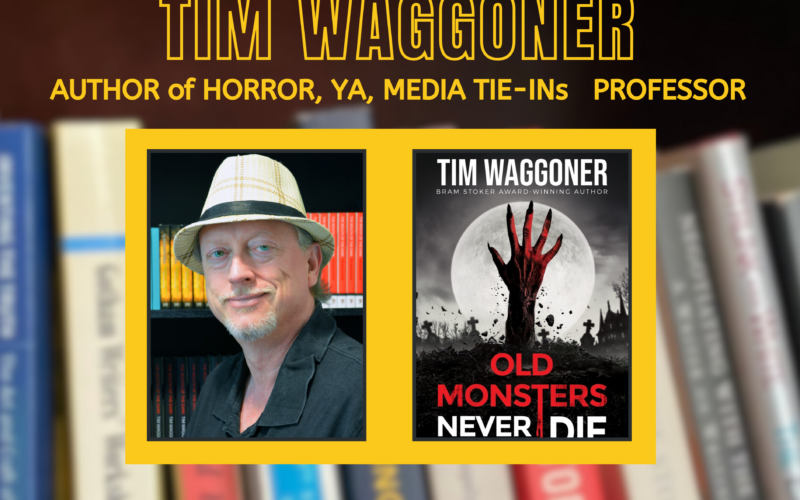
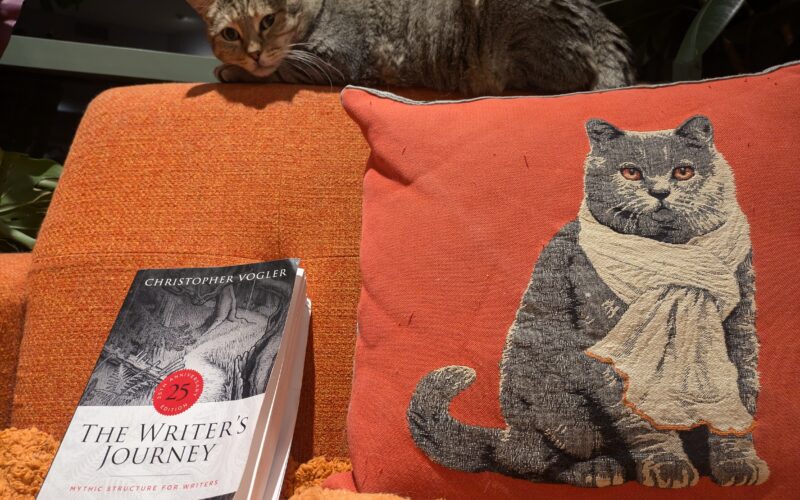
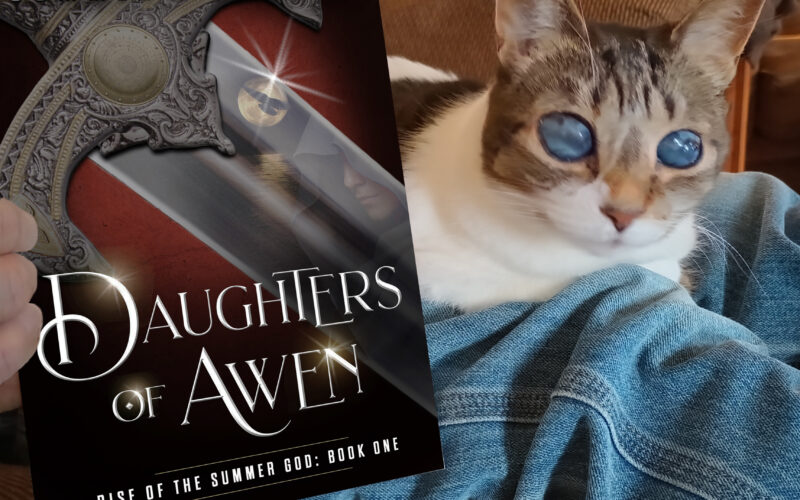

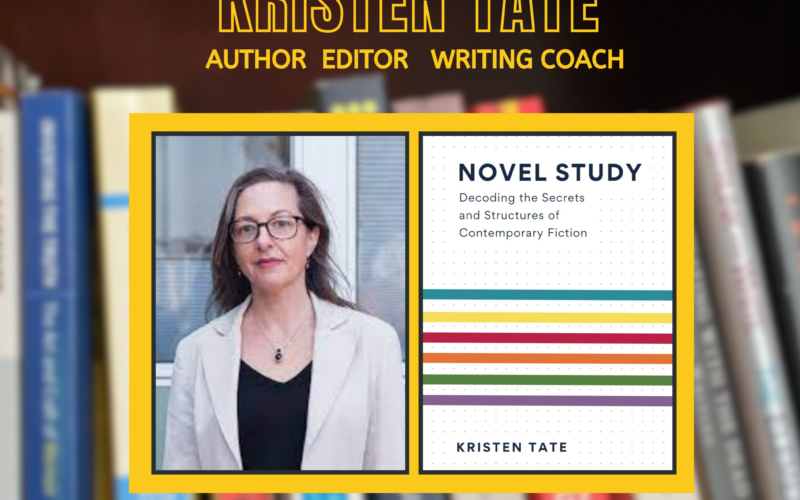
Not Your Usual Words to Write By: The AI Podcasting Challenge
Authors & AI SeriesEpisode 7: Not Your Usual Words to Write By: The AI Podcasting Challenge! Is nothing sacred? After exploring how AI might steal our writing jobs, we’re...